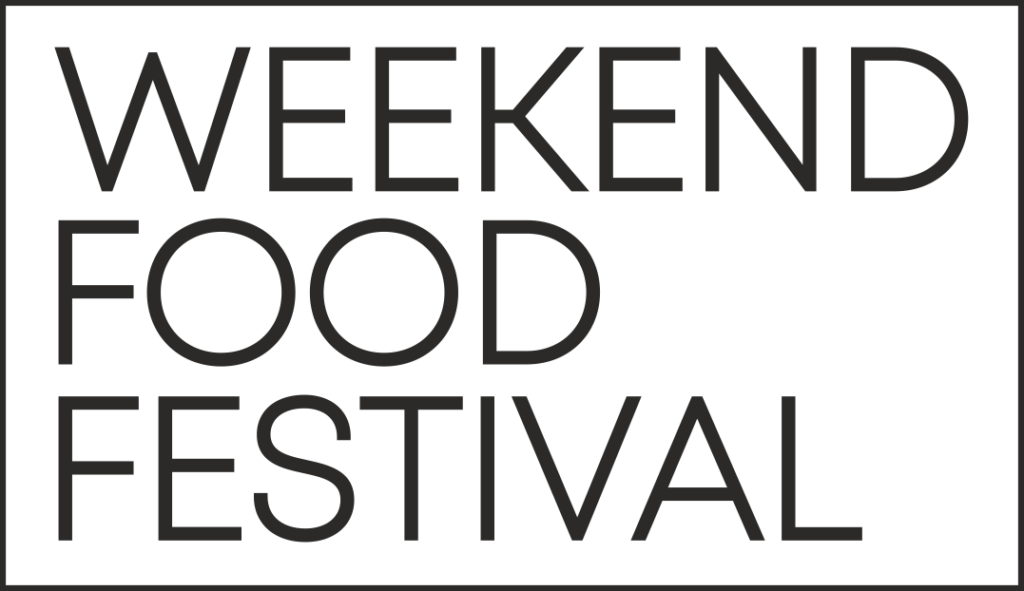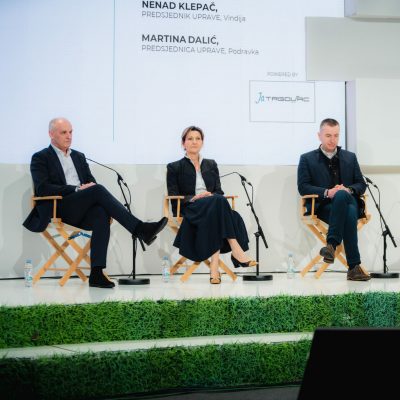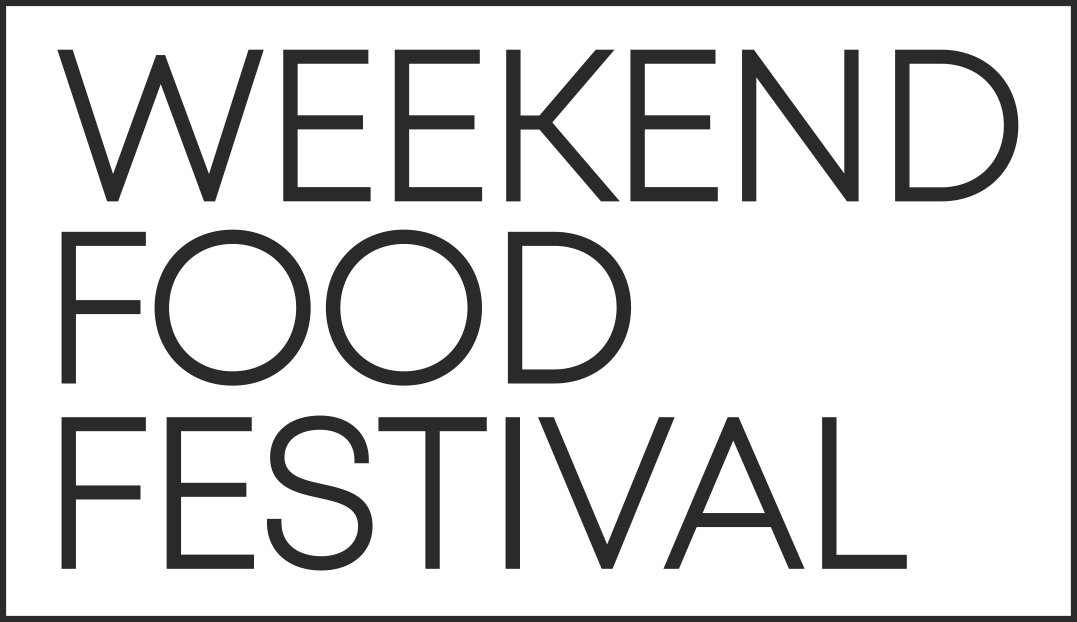The largest Croatian companies in the food processing industry already use technological and production sophistication to meet specific consumer demands and are committed to sustainable business practices. Fabris Peruško, a member of the Management Board and CEO of Fortenova Group, Nenad Klepač, CEO of Vindija, and Martina Dalić, CEO of Podravka, discussed how global changes are impacting the food industry in Croatia, what innovative trends are in line with consumer demands, and the best examples from the Croatian food sector at the panel discussion “Food Production in Croatia: Can We Do Better?” moderated by Zvjezdana Blažić.

“Our focus on short supply chains allowed us to adapt more quickly to the new situation caused by the effects of Covid and the war in Ukraine, so I think in the coming years we will see more emphasis on local rather than global focus. Although rising electricity prices are a big challenge for us, with all the digitization and transformation initiatives in our group, we have managed to significantly mitigate this. In addition to being the largest consumer of electricity in Croatia, we are also the largest producer of green energy,” said Fabris Peruško.
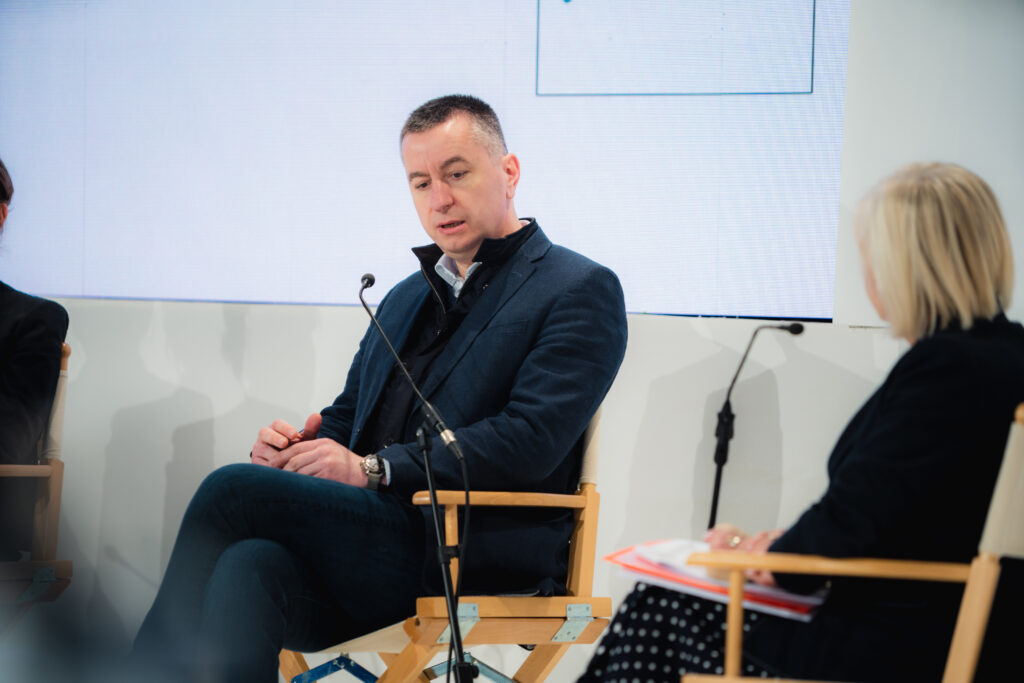
The importance of investing in necessary changes across all industries has also been recognized by Podravka. “We have adapted to automation, robotization, and sustainability, and Podravka exports and sells 60% of its production globally, spanning from Australia to the United States, and therefore must compete with the world’s largest food processing industries,” said Martina Dalić.
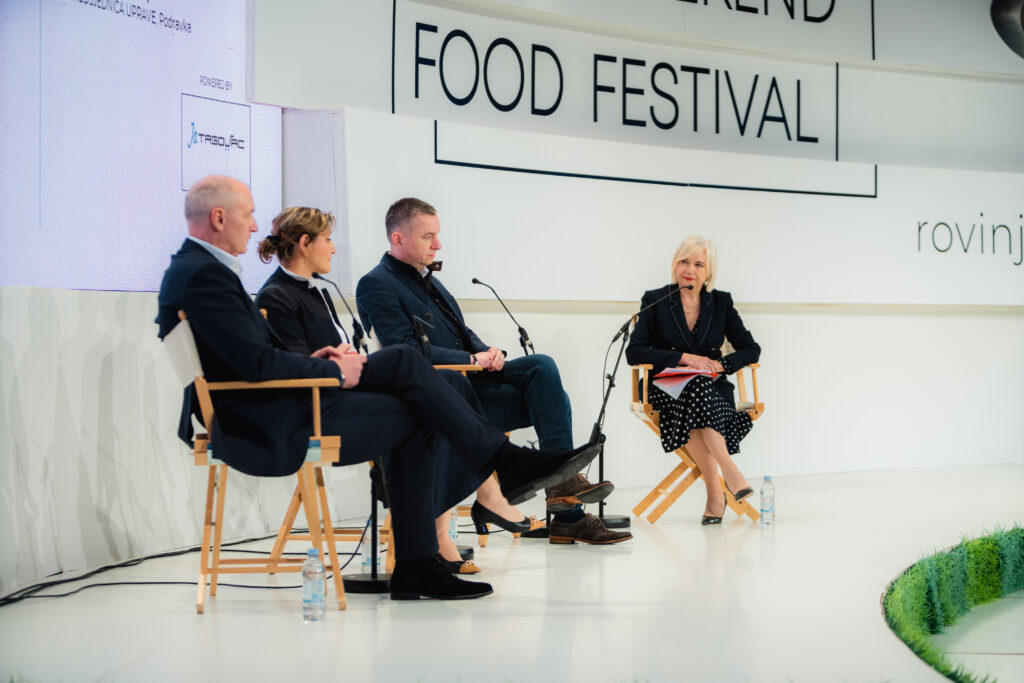
The good state of the Croatian food industry can be inferred from innovative trends and recognized certificates from Vindija. “We recently received the ‘Produced Without the Use of Antibiotics’ certificate, making us one of the first domestic food companies to receive this quality confirmation. In addition, our consumers have a high-quality product that is produced in Croatia, while all departments conduct 100,000 analyses per year to keep it under control. We believe that this is the only way to maintain sustainable production, despite all the challenges we face every day. Nenad Klepač highlighted, “We have implemented robotic technology in the preparation of our products to meet the specific demands of our customers, which has helped us overcome the challenges of labor shortages.”
The panelists concluded that the current state of food production in Croatia is good, but it could be improved with more general and horizontal support, such as better access to European funds which are currently quite limited. At the moment, the focus is on the country’s population growth.

